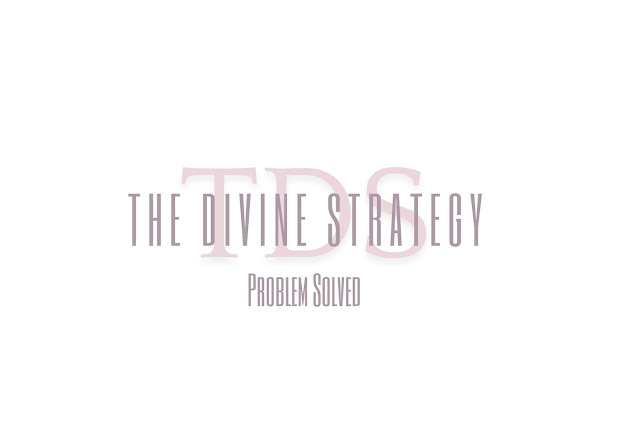Mida Ten and Eleven:
Noseh Avon - H'shem removes/forgives an intentional sin.
V'Pesha - H'shem forgives a sin done to rebel against Him.
Communication - Many of my clients call aghast at their children's "Chutzpah" and attack-like behavior. I have consulted with top professionals over my 20+ years of practice, in religious circles and from without, and the response across the board is the same. When a child (or anyone for that matter) looks into the eyes of someone standing before them, they do not see what we think; they know what our eyes and words are telling them. Very often, the message of structure, concern, fear, and care we are trying to convey is perceived as giving messages of mistrust, judgment, accusations, and disgust.
The opinion of every specialist, educator, and the like I have consulted with advises, "Change the way You speak and the feelings You are projecting, and the child will change the way he responds to you." If a child feels judged, that he is disappointing or failing you, it is THE WORST feeling you can ask a human to absorb. You are his protector and provider; he gets the message of who he is and what he is worth from YOU. If you change your mind to see only his good, accepting his struggles, your language will change to loving words with a forgiving and accepting tone. Care about him, not what the neighbors think, and BEZ"H, his Chutzpah will disappear.
Self-Improvement - A seasonal struggle my clients seem to be experiencing is feelings of "being so full of sin, how could they possibly start the Teshuva process?" First, I emphatically proclaim this attitude is (excuse my crassness) worshiping the Satan, not Melech Malche Hamilachim. The most beautiful act of love a Jew can perform is returning to H'shem out of pure love and sorrow for having disappointed the Creator, the one who loves, provides, and cares for him. One's pain over having disappointed his Father, choosing to mend his ways and return to Him is the loudest proclamation of service that he can perform.
It is precisely for this reason that this workshop focuses equally on perfecting our behavior as much as our connection with H'shem. A good exercise to do when feeling inadequate in the Teshuva process is to say, "I know I sinned by doing 'this'; however, I did a mitzvah when I did 'that.'" If you get stuck or overwhelmed, go back to the virtues we wrote down in the first post-exercise of Count 40.
Emuna, Bitachon, and Kavanah - By internalizing the 13 Midos Harchamim, you will learn the Midos that H'shem uses to judge us when we call out to Him. This will hopefully abate your fears of being punished for infractions. Recognizing how much H'shem loves you and eagerly awaits your closeness. In your Tefilah/Hisbodidus, purge all your heart's pain and agony. The best place to drop off all your baggage is in H'shem's lap; He will know exactly how to deal with it.
Mida 12 and 13
V’ Chata-
Misechet Yoma explains this midda as Moshe asking H’shem that when the Jewish nation sins, He should please view it as us sinning inadvertently, not with intentions and purposefully.
V’Nake- The most powerful and important mida says the Maharal is H’shem, “Cleansing the sinner from the sin” to the point that no remnants of the sin are found on him.
Communication-
With commitment and resolve, we can learn to make these Midos a part of our character. By accepting humans as they are, trying to muddle their way through life, and not intentionally out to hurt another, we can learn to judge everyone with the benefit of the doubt and good intentions.
Self-Improvement- The 13 attributes have three functions:
1. To reveal to us the way in which H’shem judges us when we call out to Him.
2. To teach us how we are to judge and react to others.
3. To teach us how we are to view and judge ourselves.
Someone dragging a sack on their back, says Rav Fanger while attempting to climb the mountain of improvement and success, will be weighed down on his journey, continuously falling due to the extra baggage on his heart and mind.
We must learn to forgive others, as well as ourselves, and let go of the past if we ever hope to make it to the peak of the mountain.
Emuna, Bitachon, and Kavanah- The feedback I have received from the workshop focusing on the 13 midos has been inspiring.
So many of you have really internalized and worked through the 13 attributes one by one. Some commented that they wrote a personal meaning next to each mida in their Sidur and Machzor, and others have put the exercises into practice connecting to them on a deeper level. I am confident your tefillah will be much more meaningful and an inspirational experience for all those who have put in the effort to learn and grow through the learning and exercises Count 40 has presented on the 13 Midot Harachamim.
The 13 attributes are beautifully and concisely translated by NCSY Education here: https://s3.amazonaws.com/ncsy-education/13%20Middos%20Workbook.pdf

Comments
Post a Comment